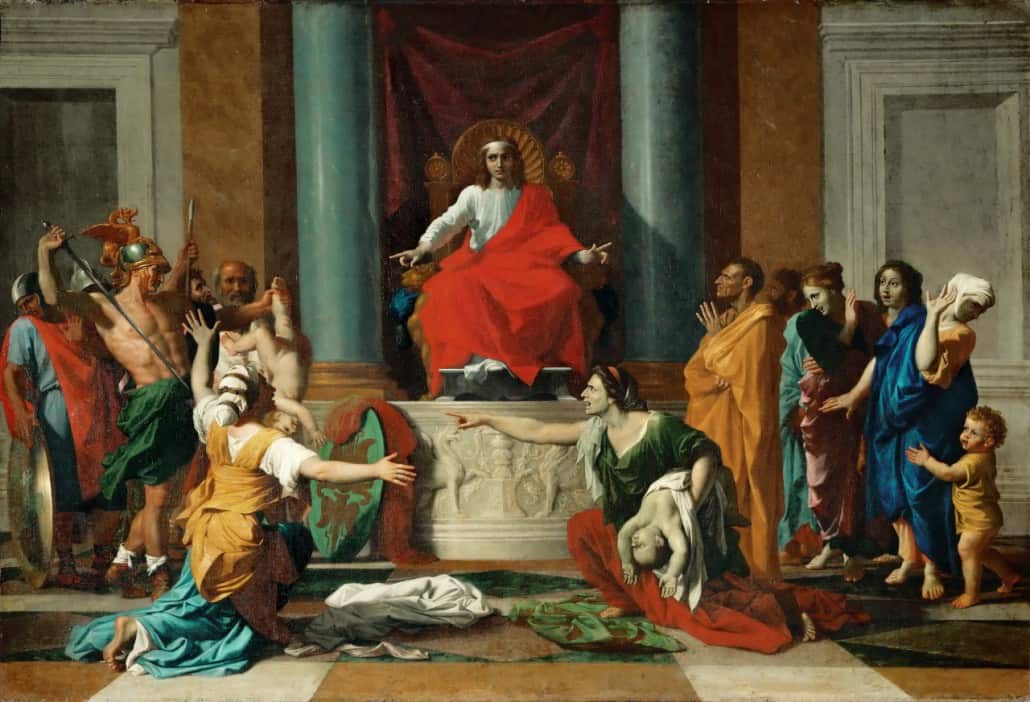
the book of proverbs
The Proverbs are for the Christian walk in the office, in our homes and out at play. Criticisms of the book are that is doesn’t talk about God or anything particularly religious or spiritual. But God is taken for granted and the whole book is not unlike the New Testament authors’ practical application at the end of most of their letters prefaced by the word ‘therefore’.
Proverbs are some of the Old Testament’s ‘therefore’. It says to us, “Because you know this…do this” and adds, “trust me, if you do it, it will go well with you”. The first verses (1:2-4) tell us that this is the book’s intention. The pithy comments are very simple and easy to understand. The Bible is not a Modern Greek book for people trying to be clever in philosophical arguments. We can learn from the ant, it says!
Two important facts
There are two important facts to know when embarking on understanding the overall message of Proverbs. This book is a book of proverbs, not promises and the Christian life has a very practical outworking. The proverbs are general statements about life and how it works. For example, Proverbs 22:6 tells us that if we “train up a child in the way it should go… when they are old they will not depart from it”. But everyone knows that this is not always the case. Some of the most solid God-fearing Christians’ children have made their own choices and taken their own road – sometimes rejecting God and right living totally.
So these are not promises to be claimed as absolutes. In general, children trained in the right way do follow that way. Equally, train a child in wickedness and they will generally follow that way. What is the message for us then? Training children to live for God is vital!
Proverbs is a collection of wisdom writings from at least five authors. Solomon the Wise, the men of Hezekiah, Agur, and King Lemuel and his mother are cited. If you divide the book up into subject material there are three major sections: counsel for young men (Chp. 1-10), counsel for all men (Chp. 11-20), counsel for kings and rulers (Chp. 21-31).
Wisdom and folly
One of the major themes in the book is the contrast between wisdom and folly. Structurally the whole book may also be divided by this theme. Chapters 1-9:18 are a long discourse on wisdom and folly whilst the rest of the book is composed of short statements about wise and foolish matters in life.
The first nine chapters in the book are very different to the rest. These first nine are the introduction to the rest of the book. The main themes of the first chapters are the great value of wisdom and the serious danger of folly. Chapter 9 creatively presents us with the personification of wisdom and folly as two different women. One author points out the importance of chapter 9:3 with reference to the whole book. It says that the ‘lady wisdom’ has sent out her women from the highest point in the town. In Near Eastern teaching this would be referencing the place of God. Contrasted is lady folly who “sits at the door of her house” (9:14) but almost surprisingly she also echoes from the ‘highest places of the town”. With this subtle contrast Proverbs reveals that these ‘little tales of wisdom and good ideas’ are actually for more than meets the eye. What is at stake is nothing more than life and death. Which hill will you ascend and by which way? The way of wisdom leads to the hill of God, the way of folly leads to any other god.
The New Testament views Proverbs as this important. Believing Jesus is ultimate wisdom as He is the wisdom of God contrasted with missing Jesus as certain death. Christ has become our wisdom (1 Corinthians 1:30). The New Testament asks us the question: will we dine with wisdom or folly? Jesus Christ or any created thing put in His place?
Please don’t forget that reading through the Bible in a year is one thing, but actually getting more familiar with the scriptures’ deep teaching and fellowship with the God they describe is the real goal.
Share this with your family and friends by clicking the icon below.
